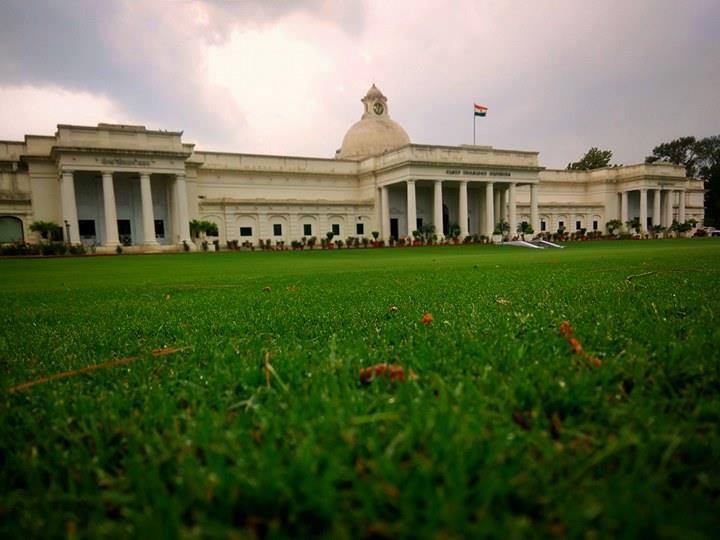IIT Roorkee organizes National Conference on Tribal Development in India
Roorkee : The Department of Humanities and Social Sciences, IIT Roorkee organizes a National Conference on Tribal Development in India: Prospect and Retrospect on 3-4 February 2023. The seminar was sponsored by the Indian Council of Social Science Research. This conference is part of the Azadi Ka Amrit Mahotsav of the Government of India. The seminar reflects on the issue and questions concerning tribal development in India. Tribes in India constitute about 8.6 percent of the country’s total population. They contributed immensely to the country’s diversity as tribes number around 705 communities, with all of them having unique and distinct customs, languages, religions, and ways of life.
The question of tribal development is a pressing concern in post-independent India. Several policies and programmes were introduced to uplift and improve their condition. Since post-independent, several programmes and policies have been introduced that target the development and improvement of the living conditions of the tribes focusing on health, education, employment, food security, livelihood, and income generation. The two-day seminar is to grapple with the pressing issues themed around constitutional rights and protection, governance and administration and the role of the State, education, health and livelihood, identity and tribes, tribal women and development, regional development and tribes, tribes and environment.
The event was graced by the presence of Prof. K K Pant, Director, IIT Roorkee and addressed by Prof. Virginius Xaxa, who is currently Visiting Professor at Institute for Human Development (IHD), New Delhi. Prior to joining IHD, he was a Professor of Eminence and Bharat Ratna Lokapriya Gopinath Bordoloi Chair at Tezpur University (2016–2018). He was also a Professor and Deputy Director of the Tata Institute of Social Sciences, Guwahati Campus (2011–2016). He taught Sociology at the Delhi School of Economics, University of Delhi (1990–2011), and North-Eastern Hill University, Shillong (1978–1990).
The two-day seminar saw eminent personnel speaking about the state of affairs of the tribal community in India. Among them were, Dr. Bipasha Rosy Lakra, Professor V. Bijukumar, Dr. Shreya Jessica Dhan, Dr. Jadhav Prathap Singh, Shivangi Baruah, Ramengmawia Bawitlung, Mrinalini Raj, Dr. Thanggoulen Kipgen, Dr. Pratap C. Mohanty, Dr. Kumari Vibhuti Nayak, Manasmita Khilar, Manta Wangsu, C. Zonunmawia, Dr. Deepali Aparajita, Thangsiandong Guite & Dr. Debdulal Saha, Kh. Pavei, Neelam Kerketta, Jasodhara Borthakur, P. Lalpekhlui, Dr. Aashish Xaxa.
Prof. Virginius Xaxa, Visiting Professor, Institute of Human Development, highlighted, “Given the diversity and geographical spread of the tribal communities in terms of States and regions, there are significant variations in terms of the levels of tribal development. For instance, the progress made in education is far from even. Most Northeastern states, such as Mizoram and Nagaland, have achieved impressive records in the field of literacy, 91.51 percent, and 80.04 percent, respectively (2011 Census).”
Prof. K K Pant, Director IIT Roorkee, said, ” Tribes in India constitute about 8.6 percent of the country’s total population. Several special constitutional provisions are being framed for the tribes to protect their socio-cultural interests and political rights, particularly on issues concerning affirmative actions, issues of governance, political representation, and access to resources, among others.”

